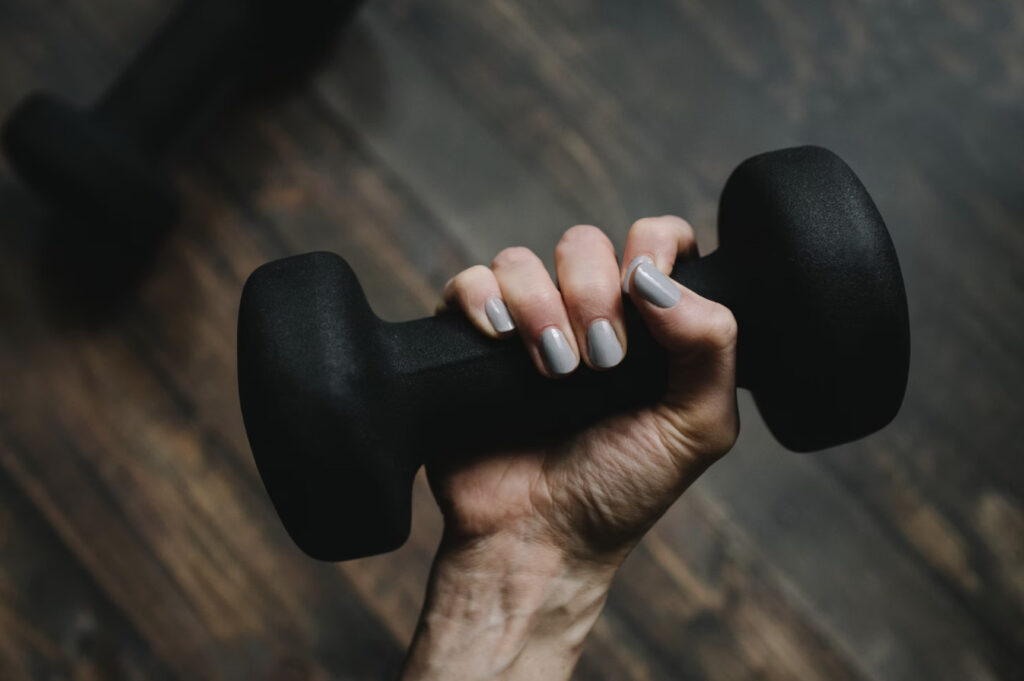By Tim Irvine
Grip strength is not usually part of the conversation when it comes to cardiovascular health or mortality for that matter. We only notice it when we encounter someone with a very firm handshake, or when we have a stubborn jar to open. It turns out, grip strength is a fantastic predictor of both mortality and cardiovascular disease. The following research summaries show us why.
Study #1
The results, published in the Lancet, show that grip strength is an even stronger predictor of death than systolic blood pressure. After adjustment for other factors, every 5-kg decrease in grip strength was linked to a 16% increase in death overall, a 17% increase in both cardiovascular and non-cardiovascular mortality, a 7% increase in the risk of myocardial infarction, and a 9% increase in the risk of stroke. The findings were broadly consistent across different countries and economic levels.
An unexpected finding was that grip strength was a more powerful predictor of cardiovascular mortality than cardiovascular disease. This, the authors write, “suggests that low grip strength is associated with increased susceptibility to cardiovascular death in people who do develop cardiovascular disease.”
Study #2
Grip strength was an independent predictor of all-cause mortality and cardiovascular diseases in community-dwelling populations. https://www.ncbi.nlm.nih.gov/
- In line with previous studies, weaker grip strength was associated with increased rates of all-cause mortality and mortality due to cardiovascular disease (CVD) and respiratory diseases.
- One study has reported weaker grip strength in adolescence to be associated with increased rates of death from suicide among men, but this study is the first to report an association of grip strength with mortality due to a broader range of external causes in both sexes across different age groups.
- A much weaker association was observed for cancer-related deaths than for all-cause and CVD mortality.
- These associations were similar in both genders and across age groups, which supports the hypothesis that grip strength might be a biomarker of ageing over the lifespan.
That is some compelling proof. Why would this be the case? Movement! Think about a farmer. They are moving, lifting, twisting, multiple times daily. This movement is a huge benefit to their overall health. The office worker has a computer at their fingertips, but they don’t do much for grip strength. However, if that office worker enjoys gardening, woodworking, or working out with heavier weights, they will also have better health overall, including higher grip strength.
The message is clear. Developing grip strength improves your overall health and will prolong life.


